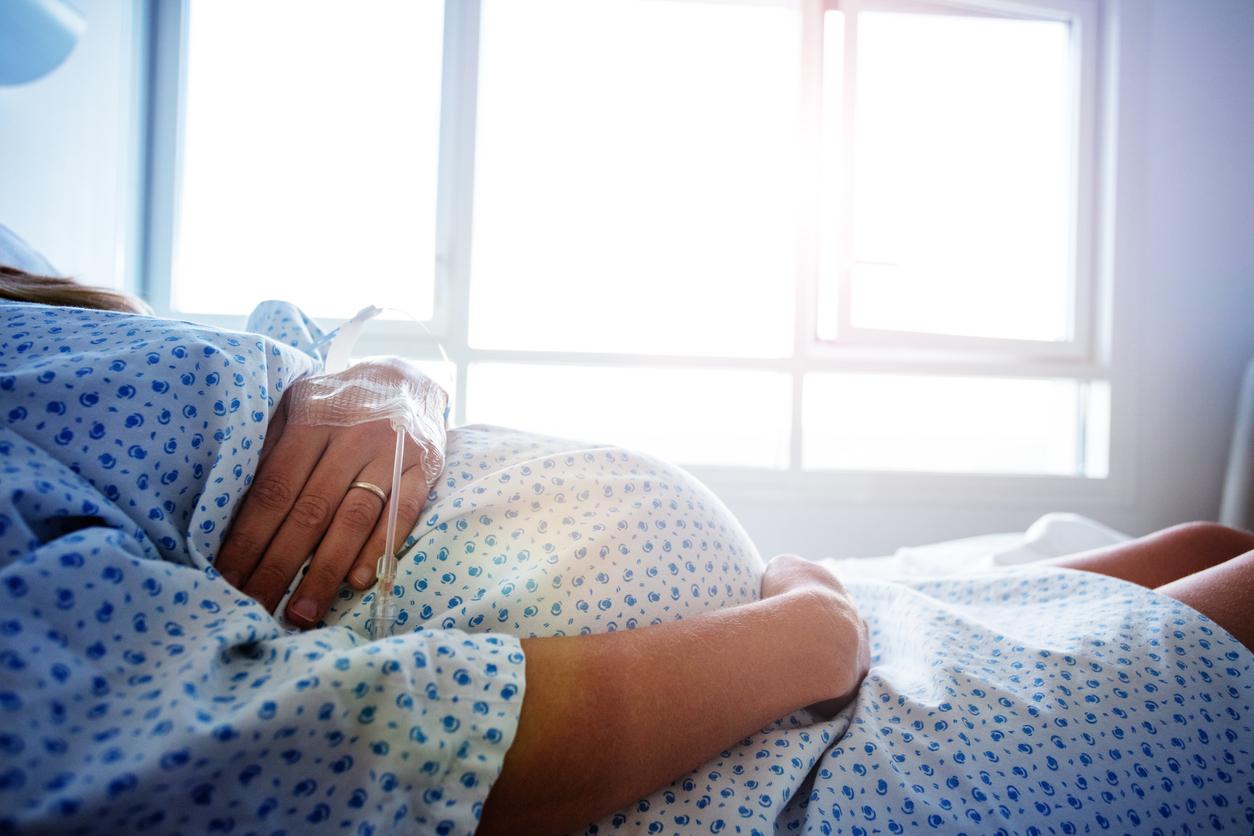Endometrial cancer is the fourth most common in women, after breast, colon and lung cancer. However, each pregnancy reduces by 15% the risk for the mothers of developing it once they reach menopause.
-1605973157.jpg)
- Pregnancy, whether carried to term or not, reduces the risk of developing endometrial cancer during menopause.
- Each full-term pregnancy represents a 41% drop in mothers compared to those who did not have children.
- Each additional pregnancy lowers the risk by 15%. For pregnancies that do not go to term, the risk is reduced by 7%.
Pregnancy has innumerable virtues, both for the mother and for the child. The Queensland Institute of Medical Research (Australia) has shown that every pregnancy of a woman, including those resulting in miscarriage, can help reduce the risk of developing endometrial cancer. The results were published in the International Journal of Cancer.
Beneficial effects even on incomplete pregnancies
Endometrial cancer is the most common of the female reproductive system and the fourth leading cause of cancer in women after breast, colon and lung cancer. It generally affects women after the menopause, the diagnosis being made on average around 68 years of age. However, the risks of developing endometrial cancer reduce with each new child.
“It is well known that a full-term pregnancy reduces the risk of developing endometrial cancer, but our research has shown that not only does each additional full-term pregnancy reduce this risk by approximately 15%, but the reduction continues until ‘to at least eight pregnancies’develops Penelope Webb, director of the department of gynecological cancers at the Queensland Institute of Medical Research and author of the study.
To form their idea, the researchers looked at pregnancy data from 30 different studies. In all, they counted 16,986 women with endometrial cancer and 39,538 women who never developed this disease.
The results indicate that having ever carried a pregnancy to term was associated with a 41% reduction in the risk of endometrial cancer compared with never having had a full pregnancy. The greatest benefits occur during the first childbirth, but each additional pregnancy reduces the risk of cancer by 15%. If the pregnancy carried to term is the most important in terms of benefits, those stopped following an abortion are not left out.
Observable benefits up to the eighth pregnancy
“We have also shown clearly for the first time that pregnancies that end in miscarriage also reduce the risk of endometrial cancer by approximately 7%, emphasizes Penelope Webb. Unlike many other cancers, endometrial cancer rates are on the rise. It is therefore essential that we better understand the factors that influence a woman’s risk. If scientists can understand the causes of endometrial cancer, there is hope that we may be able to prevent women from developing this type of cancer in the future..”
Additionally, researchers found that women who had only boys or who had given birth to both girls and boys had a lower risk of developing endometrial cancer compared to mothers who had had no only girls. Note, however, that the effect is not necessarily cumulative since the births of twins and multiple births do not present additional advantages. Finally, reducing the risk of getting endometrial cancer works for all women, regardless of the age of the last full-term pregnancy.
According to the researchers, the very high level of progesterone during the last trimester of pregnancy remains a valid explanation, but it is however not the only one. “Even pregnancies that end in the first or second trimester appear to offer some protection to womensays Susan Jordan, associate professor of public health at the Queensland Institute of Medical Research. If women who miscarry have a 7-9% reduced risk of endometrial cancer, early pregnancy factors may also play a protective role against this disease. Hence the need for further research to identify other factors underlying this protective effect.”
.
















